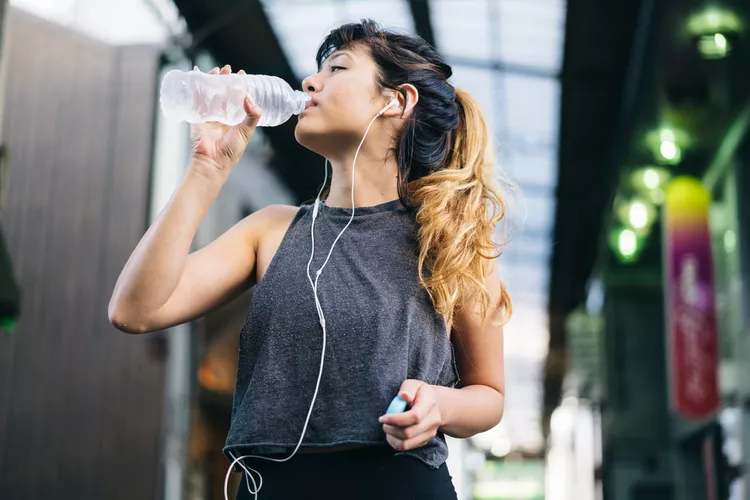6 Tips for What To Drink During a Workout
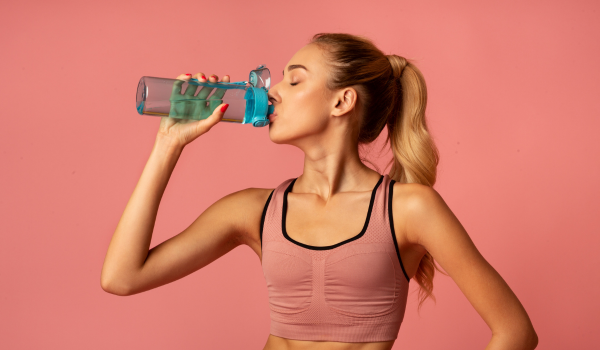
Staying properly hydrated during exercise is crucial. Your body is made up of more than 60% water, and you can lose a significant amount through sweat while working out. Drinking water supports joint and tissue function, regulates body temperature, and helps transport nutrients throughout your body. Choosing the right fluids and consuming the appropriate amount can help you stay energized and avoid dehydration.
1. Choose the Right Beverage
Often, the simplest solution is the best—plain water is generally enough for most people after a workout. If your workout is more intense or lasts longer than three hours, chocolate milk can be a good option. It contains sodium and calcium, which you lose through sweat, along with carbohydrates to refuel your energy and protein to help repair any tissue damage.
Some people may feel sluggish if they drink milk during exercise, so chocolate milk is best reserved as a post-workout drink. If you prefer alternatives, sports drinks, coconut water, or electrolyte-rich foods like avocados, bananas, orange juice, and tofu are also excellent choices.
2. Consume the Right Amount
There isn’t a universal rule for exactly how much water to drink during a workout. A good guideline is to "drink to thirst." If you want a more precise approach, you can calculate your sweat rate by weighing yourself before and after exercise.
A general recommendation is to drink about 4 to 8 ounces of water every 15 to 20 minutes during exercise, especially if you tend to sweat a lot.
3. Do Not Drink Too Much
Although it’s rare, drinking too much fluid during endurance events like marathons and triathlons can lead to hyponatremia, a potentially life-threatening condition caused by low sodium levels.
Symptoms of hyponatremia include:
-
Agitation
-
Confusion
-
Fatigue
-
Headache
-
Low blood pressure
-
Muscle cramps or weakness
-
Nausea or vomiting
-
Seizures or coma
4. Drink Before and During Exercise
Starting to hydrate before your workout is just as important as drinking during it. It's recommended to begin drinking fluids about 1.5 to 2 hours before exercising, especially for endurance events like marathons.
Drinking throughout your workout helps maintain your hydration level and prevents the need for excessive rehydration afterward.
5. Pack in Some Protein and Carbohydrates
After exercising, your body needs to repair minor cell or tissue damage. Including protein in your post-workout drink can assist with recovery.
It’s also important to replenish energy stores. Ideally, aim for about three times more carbohydrates than protein in your recovery drink. Flavored milk can serve as an excellent option because it provides both nutrients and fluid.
6. Know the Risks of Dehydration
Dehydration can lead to a range of complications. One of the most common early signs is fatigue, as your blood becomes thicker and your heart has to work harder, making you feel tired.
Other risks of dehydration include:
-
Confusion
-
Fainting
-
Reduced urination
-
Shock
-
Rapid heartbeat
-
Quick, shallow breathing
A Quick Review
Exercise offers countless health benefits, but it also increases your risk of dehydration. Maintaining proper hydration is key to feeling and performing your best. Choosing the right beverage, drinking enough without overdoing it, and balancing your fluids with proteins and carbohydrates will help you stay healthy, energized, and safe during your workouts.









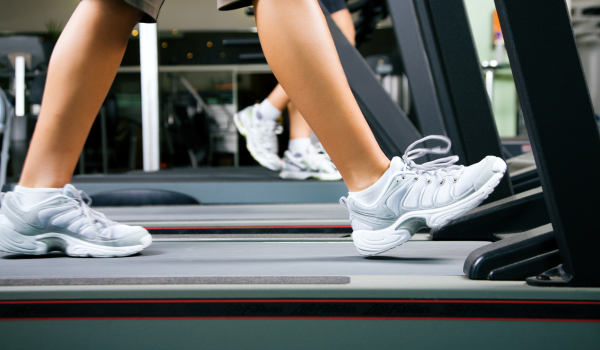

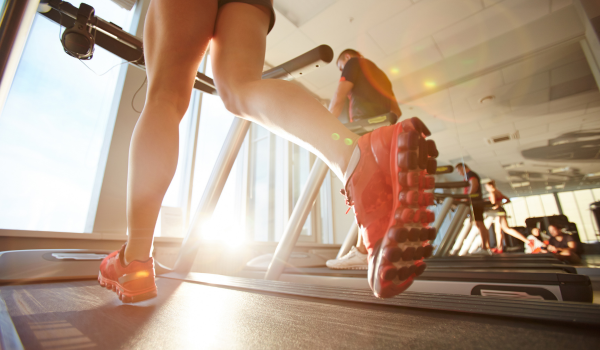
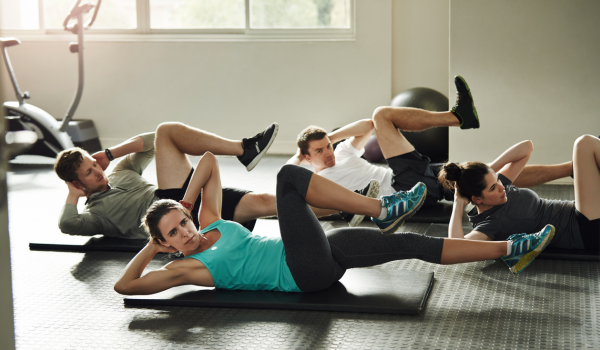

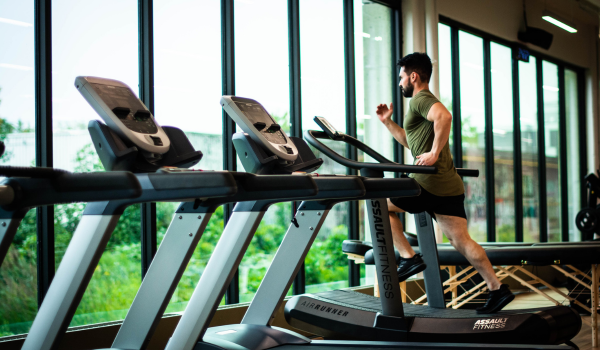



.webp)
.webp)
.webp)


